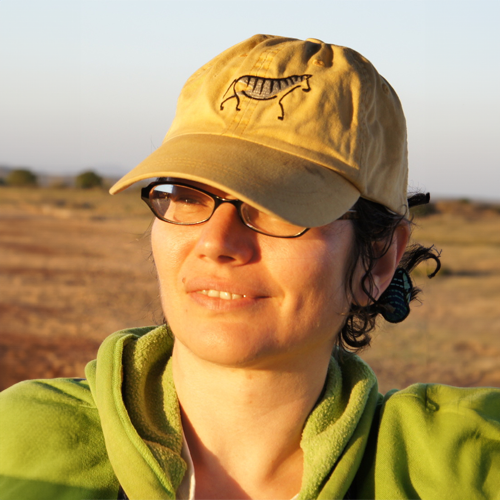
Melissa Cragin, PhD
Reflections on the U.S. Research Data Landscape: Evolving connections amongst Research Data Services, Data Stewardship, and Data Science

April 12, 2019 1:00 PM
Location: IT 152
Informatics and Communications Technology Complex
535 W. Michigan Street, Indianapolis, IN 46202 (Map)
The research data landscape is seeing multi-dimensional changes and challenges, and building connections across existing "data ecosystem services" can be difficult. Solutions are necessary to protect research data for current and future active use, and to preserve representative datasets or products as archival records of discovery or significant cultural decisions. Changes across various ecosystems are bringing new strategic partnerships, advanced cyberinfrastructure services, and also uncertainty about outputs of scientific computation, scholarly behavior in the midst of "open science," and evolving data policies. Non-governmental organizations and others are leveraging various partnership arrangements to meet community demands at scale; and infrastructure supported by federal investments are connecting the from campus level to national systems. Academic institutions of all types are grappling with the emergent field of "data Science."
This talk will present examples of current efforts to meet new challenges and demand around research data, and also introduce the Midwest Big Data Hub (MBDH). One of four regional Big Data (BD) Innovation Hubs, the MBDH was launched in 2015 with support from the U.S. National Science Foundation. Based at the University of Illinois in Urbana- Champaign, the MBDH is a growing network of academic, industry, and non-governmental partners. The BD Innovation Hubs are intended to strengthen the data ecosystem, and develop effective networks of experts, organizations, projects and resources to address scientific and social issues of regional, national, and international interest. Examples of projects and activities will be included from across our priority areas of interest: Smart & Resilient Communities; Digital Agriculture; Water Quality; Big Data & Health; and, Advanced Materials & Manufacturing; and Data Science education and training.
Melissa Cragin is Executive Director of the Midwest Big Data Hub, and based at the National Center for Supercomputing Applications (NCSA) at the University of Illinois at Urbana-Champaign (UIUC). Prior to joining NCSA, Melissa was Staff Associate in the Office of the Assistant Director, Directorate of Biological Sciences at the National Science Foundation (NSF), after serving there as an AAAS Science & Technology Policy Fellow. At NSF, she guided development of data policy and accelerated community engagement on research data management and public access. Melissa also has an affiliate appointment as Assistant Professor in the School of Information Sciences at UIUC, where she previously led the Data Curation Education Program.
